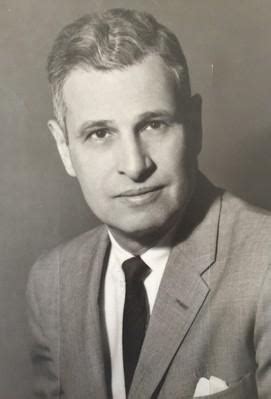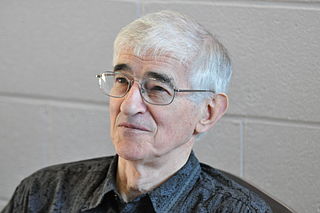A Quote by Garth Greenwell
I think it's harder to avoid reflection on those larger patterns of history or society when they so insistently call into question your right to exist.
Related Quotes
There are only patterns, patterns on top of patterns, patterns that affect other patterns. Patterns hidden by patterns. Patterns within patterns. If you watch close, history does nothing but repeat itself. What we call chaos is just patterns we haven't recognized. What we call random is just patterns we can't decipher. what we can't understand we call nonsense. What we can't read we call gibberish. There is no free will. There are no variables.
Feelings are only your history being occasioned by the present moment. If that's your enemy, then your history is your enemy. If sensations are your enemy, your body is your enemy. And if memory is your enemy, you'd better have a way of controlling your mind in such a way that you never are reminded of things that are painful from the past. If you avoid people, avoid having your buttons pushed, avoid going to places that might occasion anxiety; if you're hammering down drugs and alcohol; these are all methods of trying to mount that unhealthy agenda.
Once you start backing into all of that, then you see this incredibly intricate, totally wrong-headed way to do things, but nevertheless has a lot of merit to it for the fact that [Buckminster Fuller] is recognizing much larger patterns, seeking much larger patterns and seeking much larger ways of trying to solve for the problem of unhygienic conditions in slums. They really were unhygienic. Whether his family was living in the slum is debatable but they were unhygienic. That needed to be addressed. He was attempting to address it.





































